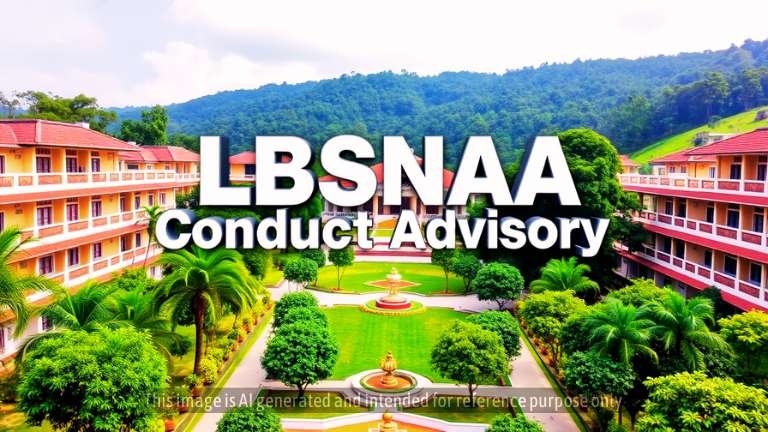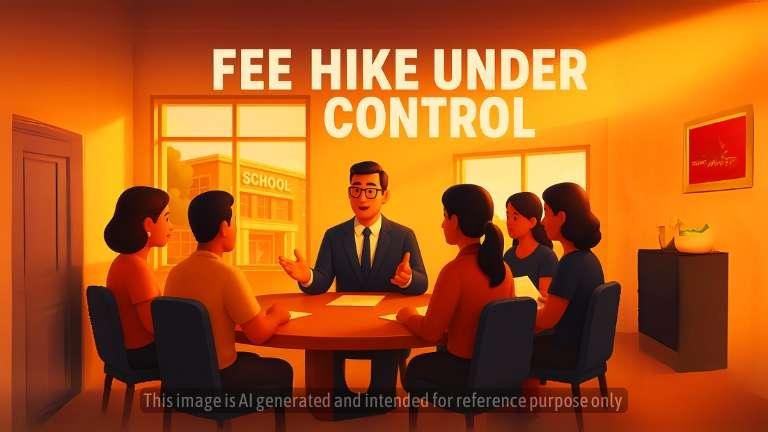कृपया इसे हिंदी में पढ़ने के लिए यहाँ क्लिक करें
In a landmark verdict, the Jammu and Kashmir and Ladakh High Court has directed the National Highways Authority of India (NHAI) to reduce toll fees by 80% at two major plazas on the Pathankot-Udhampur stretch of National Highway 44 (NH-44). The court ruled that commuters cannot be forced to pay full toll charges for roads riddled with potholes, incomplete construction, and poor maintenance. The order, effective immediately, mandates NHAI to collect only 20% of the existing toll until the highway is fully operational.
The Backstory: A PIL That Shook the System
The case stems from a Public Interest Litigation (PIL) filed by Sugandha Sawhney , a local activist, who argued that toll collection at Lakhanpur, Thandi Khui, and Bann plazas on NH-44 was unjustified. Despite significant portions of the highway being under construction for years, NHAI continued to levy full tolls, causing financial strain on daily commuters and pilgrims heading to the Vaishno Devi shrine.
The court agreed, stating, “Toll plazas are not meant for minting money from the public”. It criticized NHAI for prioritizing revenue over road quality, calling the practice “exploitative”.
The Court’s Groundbreaking Ruling: Key Details
The Jammu and Kashmir and Ladakh High Court delivered a landmark verdict, siding with commuters and directing NHAI to:
- Slash Toll Fees by 80% Immediately: Only 20% of the current toll rates can be collected until NH-44 is fully operational. For example, if a car paid ₹100 earlier, it will now pay ₹20.
- Targeted Relief at Two Plazas: The order applies specifically to Lakhanpur (gateway to J&K) and Bann Toll Plaza (near Udhampur), crucial stops for pilgrims and trucks.
- Fair Tolling Policy: The court criticized NHAI for treating toll plazas as “revenue machines” and ordered the Union Ministry of Road Transport to reevaluate toll rates across the region within 4 months.
- Crackdown on Illegal Plazas: All unauthorized toll booths within 60 km of NH-44 must be removed in 2 months, with a ban on new ones.
- Staff Vetting: Toll plaza employees must undergo police verification to weed out hires with criminal backgrounds.
Why This Matters: A Precedent for Public Welfare
The ruling sets a critical precedent:
- Accountability : It holds NHAI responsible for substandard infrastructure, emphasizing that public convenience outweighs revenue goals.
- Transparency : The directive to audit toll plazas tackles corruption and unauthorized charges.
- Relief for Pilgrims : Lakhanpur and Bann plazas are gateways to Vaishno Devi, one of India’s busiest pilgrimage sites. Reduced tolls will ease costs for millions of devotees annually.
“This isn’t just about money—it’s about dignity,” said a truck driver who frequents the route. “We’ve been paying tolls for years but driving on roads that feel like minefields.”
Ground-Level Impact
For thousands of commuters—and notably for the large number of pilgrims traveling to the Vaishno Devi shrine—this ruling promises immediate relief. Travelers, who have been stuck in long traffic snarls and forced to take alternative, poorly constructed routes, can now look forward to paying a fraction of the toll fee until the highway meets proper standards. The court’s decision also sends a strong message: infrastructure projects must deliver the promised quality, or else toll charges must be adjusted to reflect the actual condition of the roads.
Unknown Facts & Reactions
- Hidden Revenue: Lakhanpur Plaza reportedly earns ₹8-10 crore monthly. An 80% cut means NHAI loses ₹6-8 crore/month until repairs finish.
- Construction Delays: The project, initially slated for 2022 completion, is now delayed till 2025 due to land disputes and contractor issues.
- NHAI’s Silence: NHAI has not yet commented, but sources say they may appeal the order.
Broader Significance
This ruling could set a precedent for other infrastructure projects across the country. Toll fees are primarily collected to fund road maintenance and improvements; however, when roads remain incomplete or are in disrepair, charging full tolls becomes both unjust and counterproductive. The directive to reconsider toll rates within the region in the coming months is expected to prompt a nationwide review, ensuring that future toll collections are closely aligned with road quality and service standards.
Moreover, by mandating the removal of illegally placed toll plazas and requiring strict background checks for toll staff, the court is addressing not just financial grievances but also broader issues of public safety and administrative transparency.
What’s Next?
Officials from NHAI, the Union Ministry of Road Transport and Highways, and the local government now face the challenge of swiftly complying with the court’s directions. The order is not only expected to reduce financial strain on commuters but also to ensure that the project’s long-delayed construction is expedited. While the full impact of this ruling remains to be seen, it undeniably reinforces the principle that public infrastructure must be both safe and of a quality that justifies its costs.
Disclaimer: The information provided in this article is intended for general informational purposes only and should not be construed as legal, professional, or financial advice. While every effort has been made to ensure the accuracy and completeness of the content, details may evolve or change over time due to the dynamic nature of news, legal proceedings, or official updates. Readers are strongly advised to independently verify facts from qualified legal or subject-matter experts for advice tailored to their specific circumstances. The writer and publisher disclaim any liability for errors, omissions, or actions taken based on the content of this article.







Leave a Reply